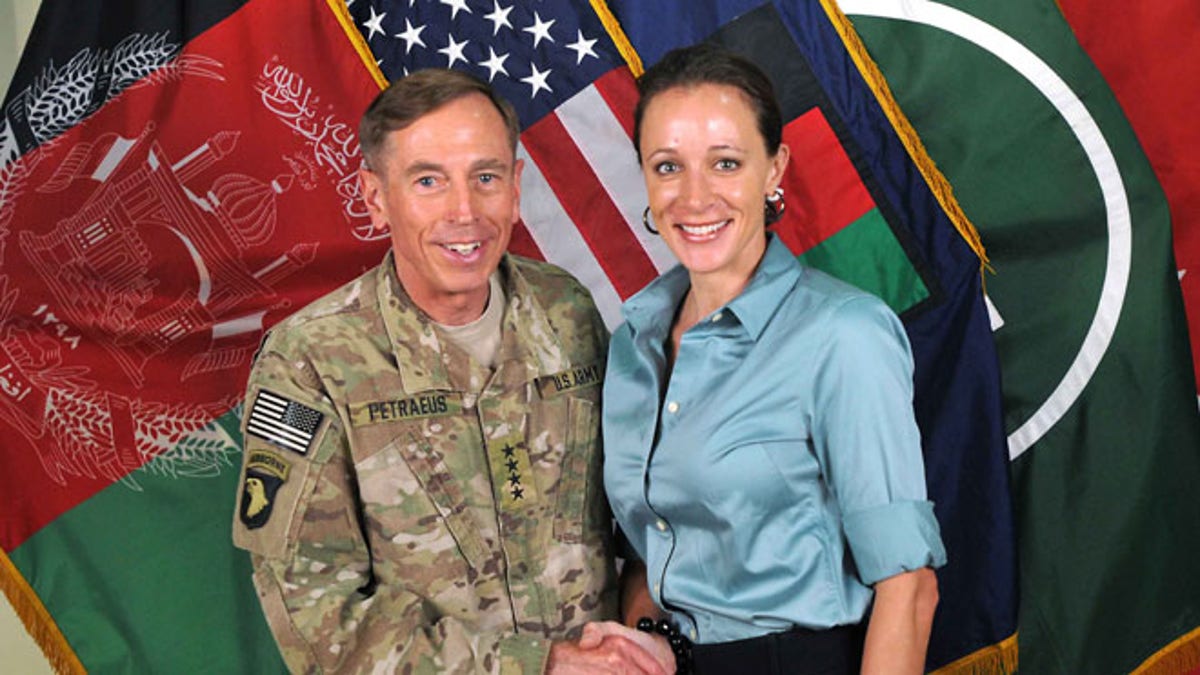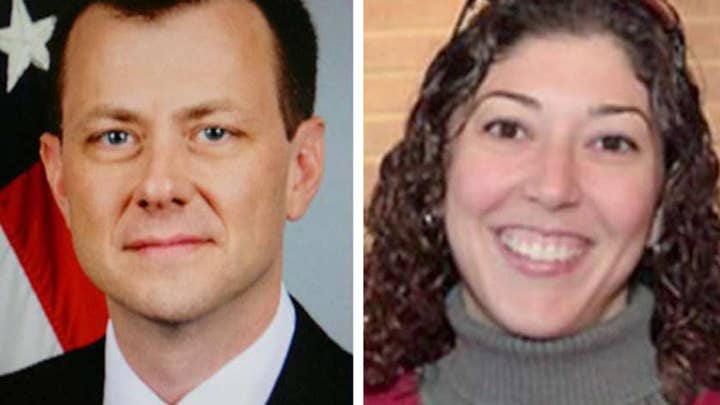
Former Senate aide James Wolfe was indicted for making false statements to the FBI about his contacts with reporters, including New York Times reporter Ali Watkins. (AP/Reuters/Twitter)
The indictment of former Senate Intelligence Committee aide James Wolfe for allegedly lying to investigators about contacts with a reporter he was dating and others could serve to reinforce a simple message: romance and government secrets are a dangerous mix.
Wolfe served as the panel’s security director for 29 years. He was indicted on Thursday for allegedly making false statements to FBI investigators looking into possible leaks.
The indictment alleged he lied to the FBI in December 2017 about contacts he had with several reporters, though Wolfe was not charged with disclosing classified information. One of those reporters was New York Times National Security Correspondent Ali Watkins, with whom he had a romantic relationship for three years, according to the indictment.
Court documents and a New York Times story detailed the fallout from that romance:
Federal investigators seized years of email and phone records relating to Watkins as part of a leak probe, triggering outcry from the Times and other media groups. Wolfe, who reportedly admitted the relationship after initially denying it, now faces charges. And the indictment exposed uncomfortable details about their conversations.
Wolfe allegedly messaged Watkins in December 2017: “I always enjoyed the way that you would pursue a story,like nobody else was doing in my hal1way (sic). I felt like I was part of your excitement and was always very supportive of your career and the tenacity that you exhibited to chase down a good story.”
But the Watkins-Wolfe relationship is hardly the only case of romantic partners running into trouble over the handling of sensitive government information.
In 2012, former CIA Director David Petraeus endured a stunning fall from grace over an affair with biographer Paula Broadwell, who was penning his biography, “All In: The Education of General David Petraeus.”
Petraeus pleaded guilty in 2015 to one misdemeanor charge of mishandling classified information relating to documents he had provided to Broadwell during the writing of his biography.

Former CIA Director David Petraeus and biographer Paula Broadwell. (AP)
Federal prosecutors said Petraeus knew binders he shared with Broadwell contained classified information, but provided them to her anyway.
The investigation began after a Petraeus friend, Jill Kelley, complained to the FBI in 2012 about harassing emails from an unknown person who turned out to be Broadwell.
Petraeus was spared prison time under a plea agreement with the Justice Department. Sen. John Cornyn, R-Texas, this week said President Trump should consider pardoning the former CIA director and Army general, amid his spree of commutations over the last several weeks.
“I think Gen. Petraeus is an incredible patriot, and helped guide our country during a very difficult time in Iraq and basically pulled a rabbit out of a hat there. But he made a terrible mistake,” Cornyn said on Hugh Hewitt’s radio show. “What I respect about Gen. Petraeus is he admitted it candidly and publicly, and took responsibility for it.”
More recently, FBI lovers Peter Strzok and Lisa Page suffered embarrassment following the release of hundreds of texts. Strzok and Page, who both served for a short period of time on Special Counsel Robert Mueller’s team, faced criticism over their exchange of numerous anti-Trump messages.
And throughout those now-public messages, Strzok and Page openly discussed sharing bureau information and repeatedly referenced news articles.
One Aug. 30, 2016 text from Strzok to Page read: “Here we go,” sending a link to a New York Times report titled “Harry Reid Cites Evidence of Russian Tampering in U.S. Vote and seeks FBI inquiry.”
Page replied: “D [Comey] said at am brief that Reid called him and told him he would be sending a letter.”
The Hill reported on another exchange that indicated they knew in advance about a Wall Street Journal story. In October 2016, Page texted that the article in question was out.
“Wsj? Boy that was fast,” Strzok responded. “Should I ‘find’ it and tell the team?”
The Hill reported that congressional committees, spurred in part by such text messages, were investigating whether Russia probe leaders were in contact with members of the press resulting in improper leaks.
Perhaps the most infamous case of a sensitive information swap gone wrong, though, concerns the discovery of Clinton aide Huma Abedin’s communications on the laptop of disgraced former New York Rep. Anthony Weiner.
Theirs was not a case of leaking -- rather, the kind of clumsiness with State Department communications that typified the Hillary Clinton email scandal as a whole. But the consequences were immense.
Abedin and Weiner were married at the time and have since separated. The emails and files found by federal investigators were considered potentially relevant to the investigation into Clinton's handling of classified information -- and led to the reopening of the case just days before the election.
Democrats, including Clinton herself, have cited FBI boss James Comey's decision to publicize that development as a factor in her election loss.
Weiner was under criminal investigation for having an inappropriate texting relationship with a minor. He has since pleaded guilty, and was sentenced to 21 months in prison.
Fox News' John Roberts, Chad Pergram, Edmund DeMarche, and The Associated Press contributed to this report.







